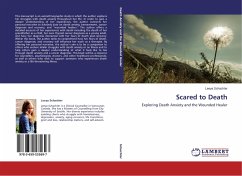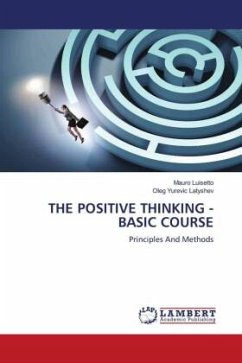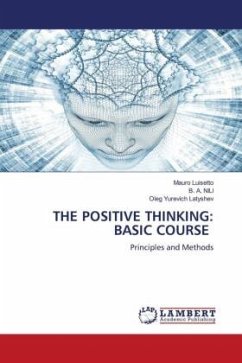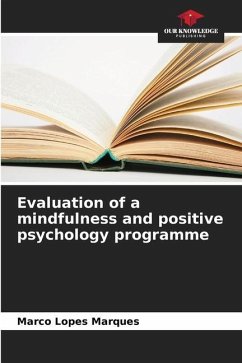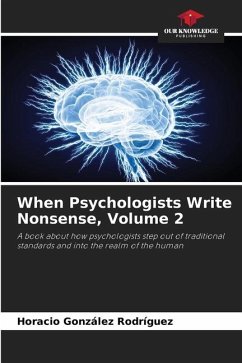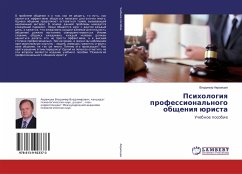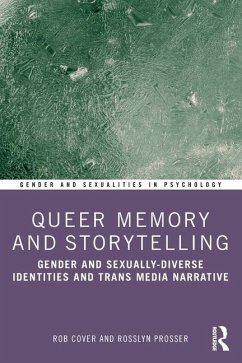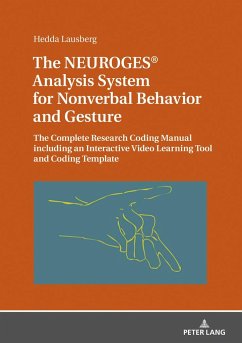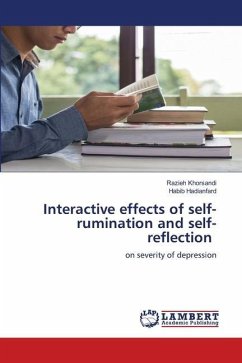
Interactive effects of self-rumination and self-reflection
on severity of depression
Versandkostenfrei!
Versandfertig in 6-10 Tagen
29,99 €
inkl. MwSt.

PAYBACK Punkte
15 °P sammeln!
Previous researches have indicated that self-focused attention can be divided in to adaptive self-reflection and maladaptive ruminative factors. However self-reflection has two aspects, although it can prevent depression, self-rumination may spoil its adaptive effects. The aim of this study was to compare rumination and reflection in individuals with different severities of depression and normal people. Participants included 129 individuals (67 female, 62 male) with mild, moderate, severe or no symptoms of depression that were selected from clients of psychiatric hospitals or mental health cen...
Previous researches have indicated that self-focused attention can be divided in to adaptive self-reflection and maladaptive ruminative factors. However self-reflection has two aspects, although it can prevent depression, self-rumination may spoil its adaptive effects. The aim of this study was to compare rumination and reflection in individuals with different severities of depression and normal people. Participants included 129 individuals (67 female, 62 male) with mild, moderate, severe or no symptoms of depression that were selected from clients of psychiatric hospitals or mental health center of Shiraz. Depressed subjects were selected based on a clinical interview and scores of Beck Depression Inventory II (BDI-II). Then they were assigned in mild, moderate and severe groups. Normal subjects were selected from people who had no mental disorder based on a clinical interview and scores of BDI-II. All participants completed the revised version of Rumination-Reflection Inventory(Fleckhammer, 2004), which is consisted of private and public subscales. Results showed that rumination increases as depression becomes more severe, but reflection is just lower in severe depression....



